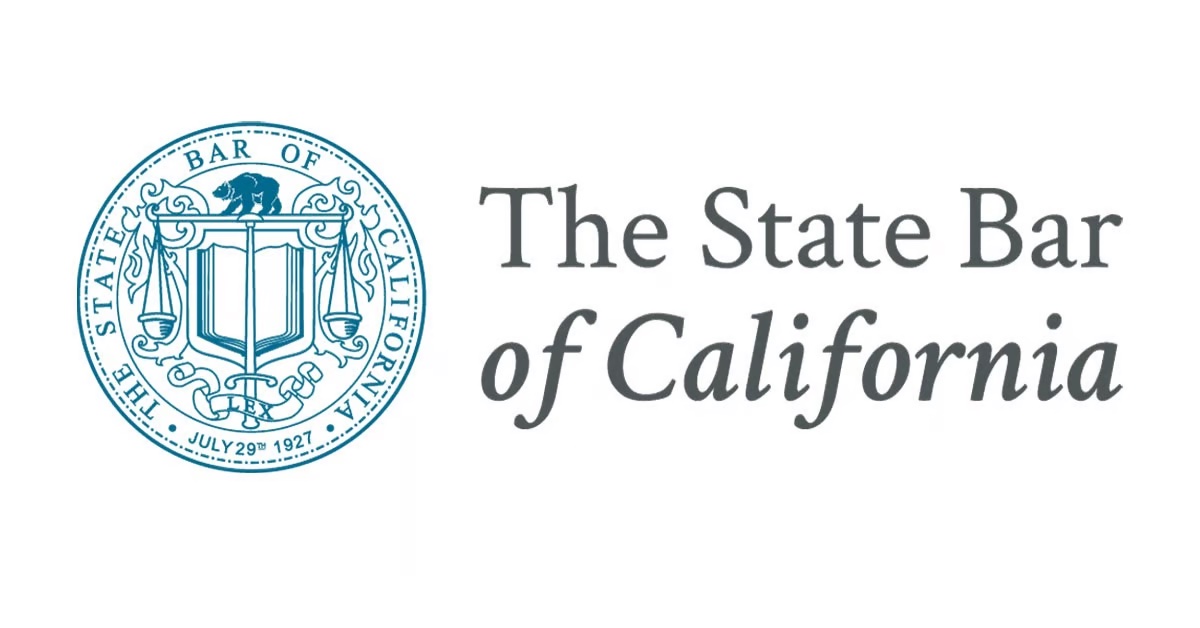and Probate Law Firm
Who Can be the Executor of an Estate?
As a probate lawyer in Folsom, clients often ask me who can be the executor of their estate. The executor of an estate is a person appointed to carry out the instructions outlined in a person’s will after they pass away. In California, an executor can also be referred to as an “administrator” or “personal representative”. The role involves managing the deceased person’s affairs, distributing assets to beneficiaries, paying debts, and handling other responsibilities associated with settling the estate. The specific requirements for who can serve as an executor can vary by jurisdiction, but generally, the following individuals or entities are considered for the role:
- Spouse or Family Member:
- Spouses or adult children are often chosen to serve as executors. Close family members may have a good understanding of the deceased person’s wishes and preferences.
- Friends or Other Individuals:
- A close friend, relative, or other individual trusted by the deceased can also be named as an executor. Many clients assume that the executor must be a family member, but it is advisable to choose the best person for the job as opposed to just choosing a family member.
- Attorney:
- Some people choose to appoint an attorney, especially if the estate is complex or if there are legal issues to navigate. It is important to note that many attorneys will not do a joint role as an executor and as an estate planner. This is for various reasons, including liability purposes.
- Corporate Executor:
- In some cases, a financial institution or a professional executor service may be appointed. This is more common in larger estates or when there’s a need for specialized expertise. It is also beneficial for families where there is no clear choice for executor and it is better to work with an impartial outside party.
- Co-Executors:
- It’s possible to appoint more than one person to serve as co-executors. This can be beneficial if the workload is significant or if there’s a desire for checks and balances.
- Public Administrator:
- In cases where there is no named executor or when the named executor is unable or unwilling to serve, a public administrator may be appointed by the court.
It’s important to note that the person named as the executor in the will must be legally eligible to serve in that role. Legal eligibility criteria can vary, but common requirements include being of legal age, mentally competent, and not having a felony conviction.
Conclusion
If you are interested in drafting a will/trust or are updating your estate plan, it’s advisable to discuss your choice of executor with the individual you have in mind and to name an alternate executor in case the primary choice is unable to fulfill the role. Additionally, seeking professional advice from a Folsom estate planning attorney can help ensure that your choice of executor aligns with local laws and regulations. The executor may need to be officially appointed by the court, a process known as probate, depending on the jurisdiction and the nature of the estate. If you have any other questions about who can be the executor of an estate, contact Thapar Law at 916-579-0605 or send us a message.







